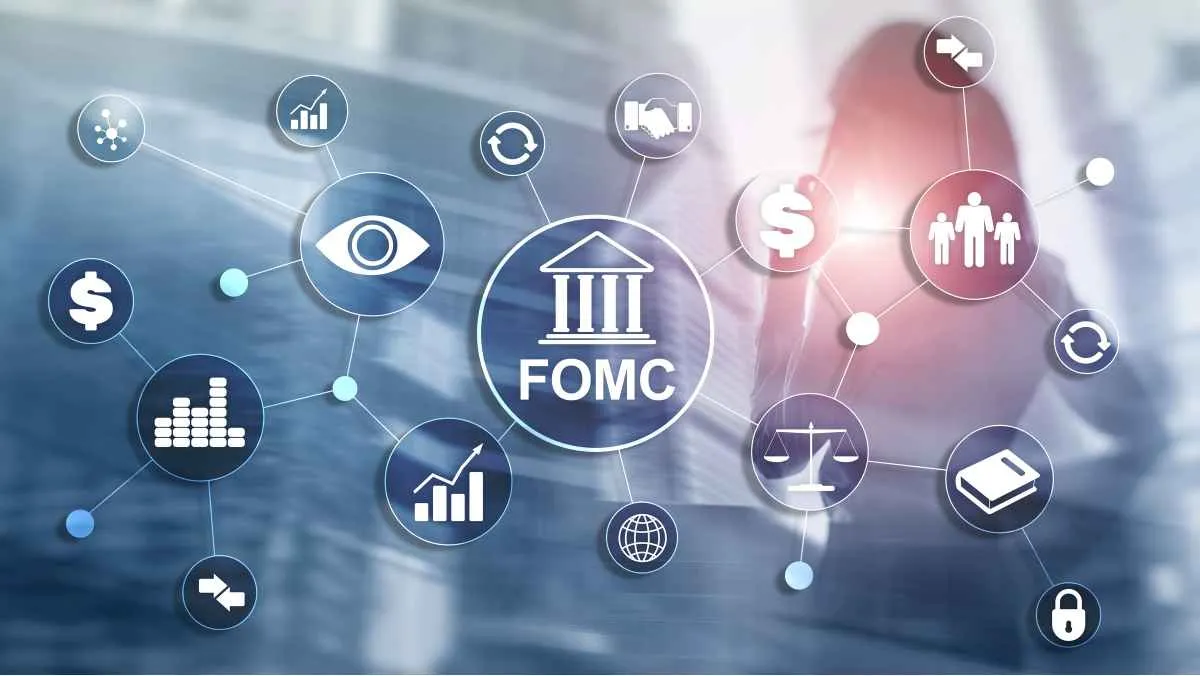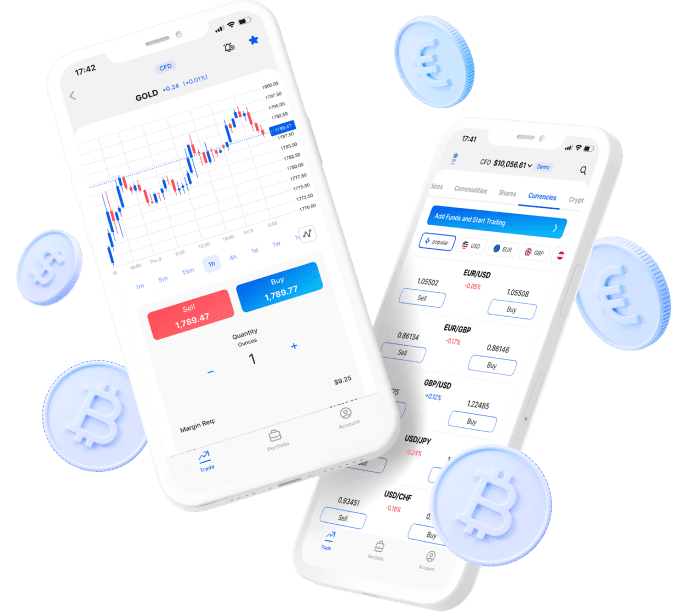
Tuesday Oct 10 2023 14:01

3 min

FOMC stands for the Federal Open Market Committee (FOMC), which is a brand of the US Federal Reserve System (FRS).
The goal of the FOMC is to help determine US monetary policy, through directing open market operations (OMO). In practical terms, this simply means buying or selling US government securities.
Members of the committee include the president of the Federal Reserve Bank of New York, as well as seven members of the board of Governors and five Federal Reserve Bank Presidents.
The federal reserve is broken into 12 ‘districts’:
The New York president serves on the FOMC committee permanently, with the other district presidents rotating, serving terms on either a two-year (Cleveland and Chicago) or a three-year (everyone else) basis.
The current chair of the FOMC (as of May 23) is Jerome Powell, who has been in charge since May 2022.

Eight times a year – or more frequently if they deem it necessary - the FOMC committee meet to decide if it’s necessary to make any short-term changes to US monetary policy.
Primarily, they look at whether the Federal Reserve needs to buy or sell more US government bonds. By choosing to buy or sell, the FOMC can control the country’s money supply, which can help to stimulate economic growth.
It can also impact a number of other key economic factors, including interest rates, exchange rates, inflation, and even credit availability.
Because of the potential impact on the wider economy, FOMC meetings are heavily publicised and scrutinised by financial analysts.


Join the 100.000s that have made markets.com their home for trading. Learn about trading as you grow your portfolio.
More power in our platforms
The FOMC is a branch of the US Federal Reserve System, responsible for directing open market operations in order to help direct the flow of money in the US economy.
FOMC meetings are heavily scrutinised, as the committee’s actions can impact several major economic factors such as inflation, available credit, interest rates and economic output.
Asset List
View Full ListLatest
View all
Sunday, 22 December 2024

6 min

Thursday, 19 December 2024

5 min

Thursday, 19 December 2024

4 min
